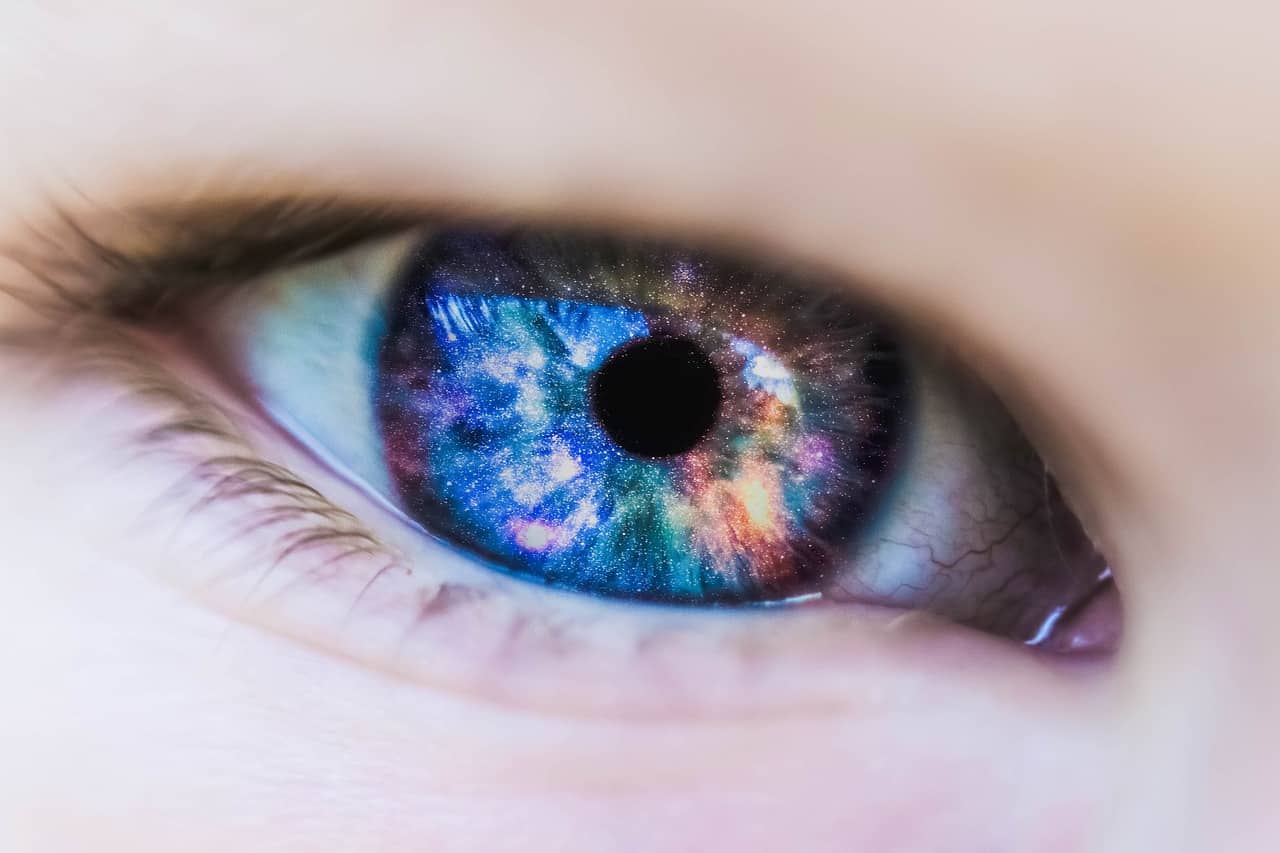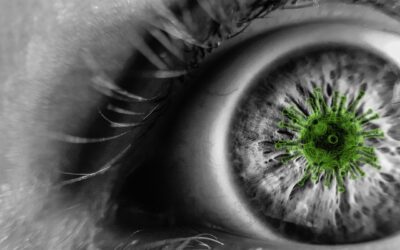In addition to regular spectacles and contact lenses, there are a number of lesser known options for vision correction. These are often built for certain work or play activities or specific eye conditions. Read on to learn more about some of these unique options.
Photosensitive, Tinted, and Color Contact Lenses
Contact lenses are becoming more technologically advanced all the time as new materials and designs are experimented with. Recently, a product has been introduced that combines the technology of Transitions lenses into a soft contact lens. Transitions lenses are photochromic, which means they darken in response to ultraviolet (UV) waves that exist in sunlight.
Darkening in this way helps to limit UV exposure to the eyes and prevent excessive brightness on a sunny day. They do visibly darken in the sun, but they are not a replacement for a regular pair of dedicated sunglasses. These contact lenses can be highly useful for people who spend a lot of time outside or for athletes in outdoor sports.
There are also colored and tinted contact lenses, which serve different purposes. Colored lenses are for aesthetic means, subtly changing the outward appearance of the iris, which is the colored part of the eye. Depending on the interaction of the lens and iris colors, many appearances can result in the end.
Tinted contact lenses are for visual purposes. They can enhance the ability to discern color or contrast differences. They can also be used in people with low vision or other eye and brain conditions to aid visual comfort and reduce symptoms.
Protective or Task-Specific Goggles
Goggles can be used for many activities, usually for more physical ones where the goggles must be tightly held to the head and eyes.
Goggles are often utilized in sports for vision correction, eye protection, or both. They can be customized to suit whatever needs a patient desires. For example, swim or ski goggles can be built with your prescription in them and can be tinted according to your needs as well.
These lenses are also useful in work that poses a hazard to the eyes. Safety glasses, as well as goggles, can be customized with your prescription while also providing adequate eye protection.
Vocational or Avocational Lenses
There are also various customized solutions for work and play. You may know of the traditional bifocal lens design, where a visible line separates an upper lens area built with the distance prescription from a lower area for the near prescription. This same design can be used in several different ways.
For electricians and pilots, for example, the bifocal design can be inverted so that near correction is on the top, allowing the clear vision of fine details above the head, and distance correction is on the bottom. Trifocals can also be used, where an intermediate lined portion is built between the distance and near portions of the bifocal, for those that require correction at specific distances.
Finally, there are lenses specifically designed for a day on the golf course. Most of the lens is built for distance, but there is a small portion in the corner made for seeing the scorecard and the tee. Other special variations exist and can always be customized to suit your visual needs.





